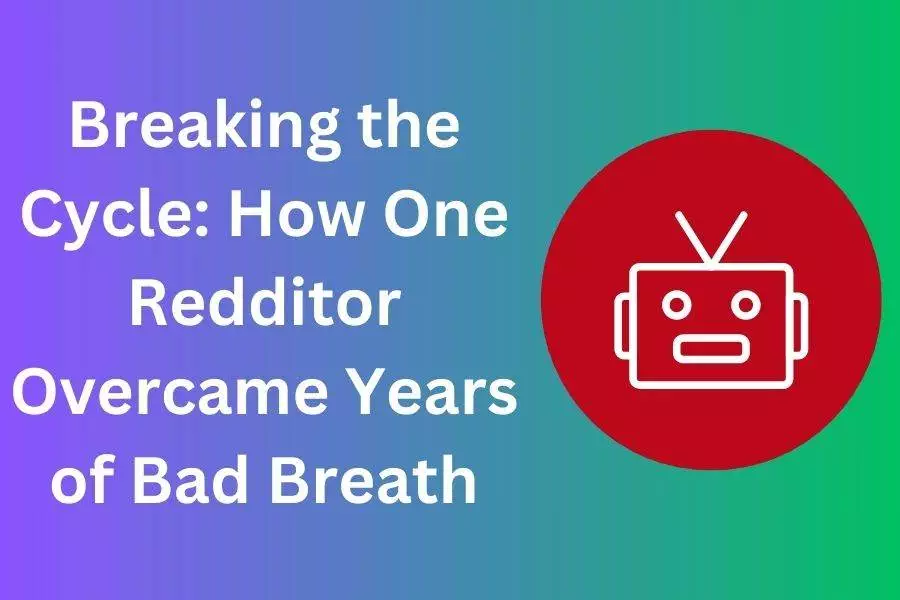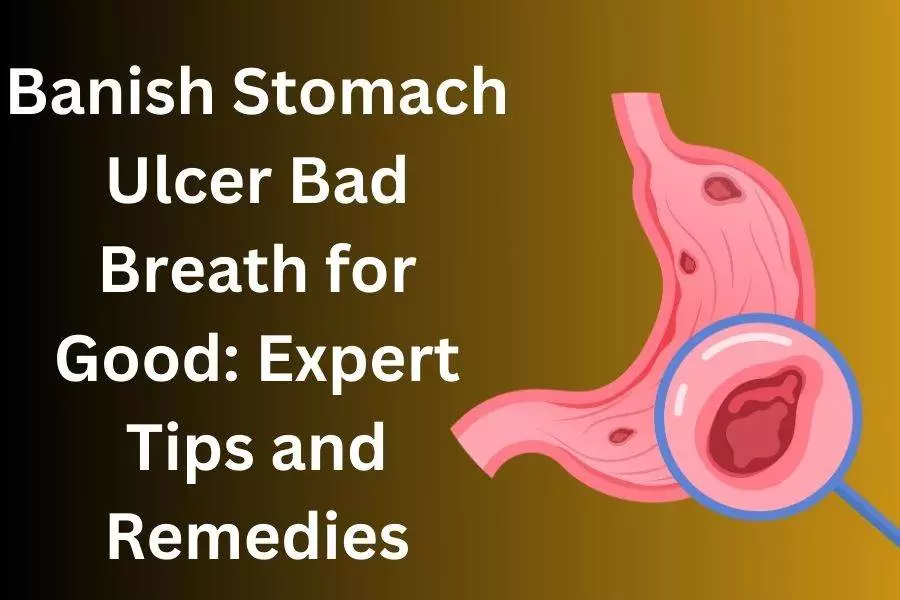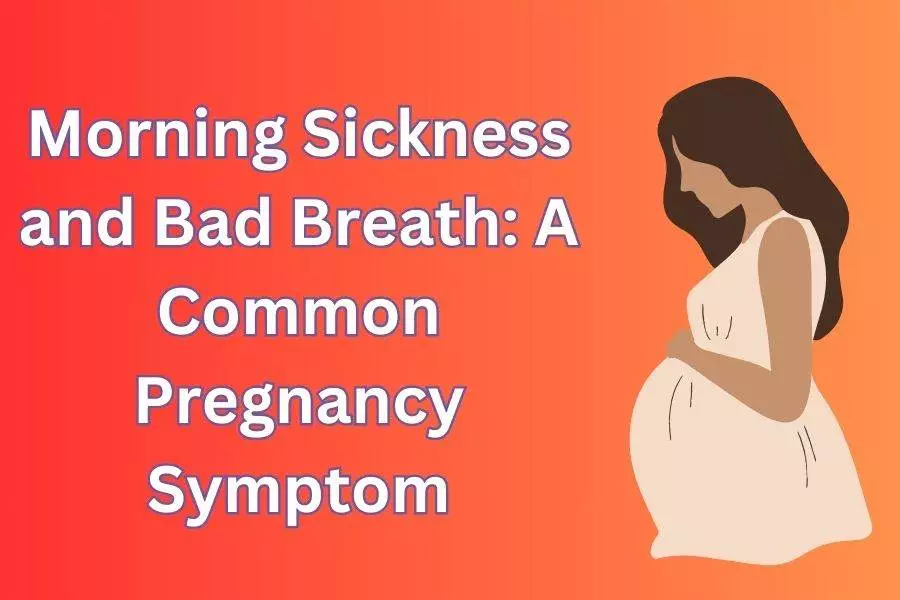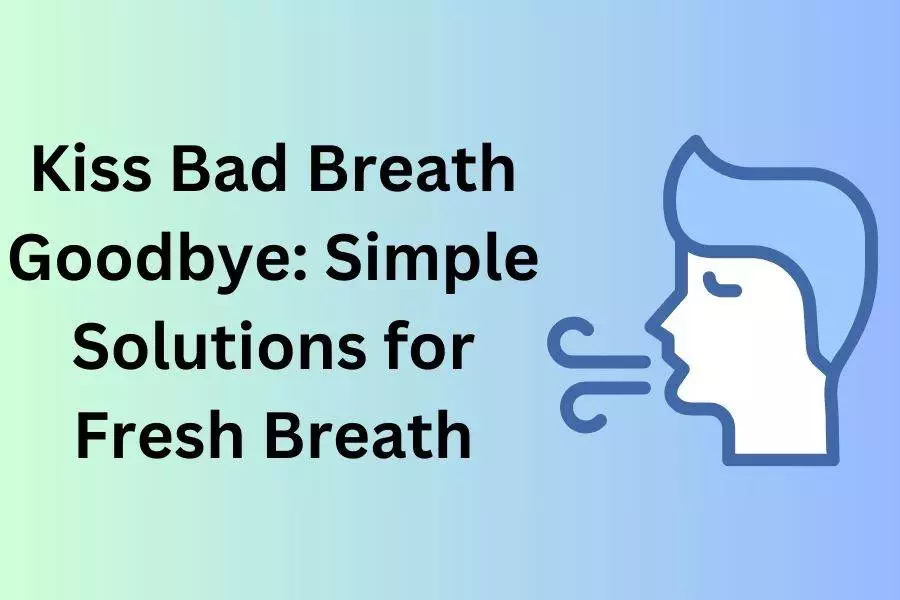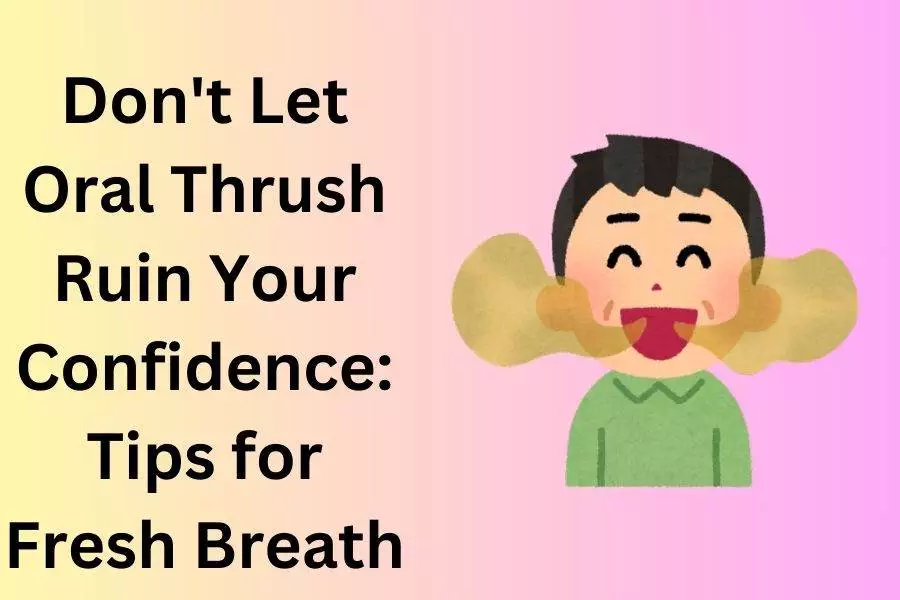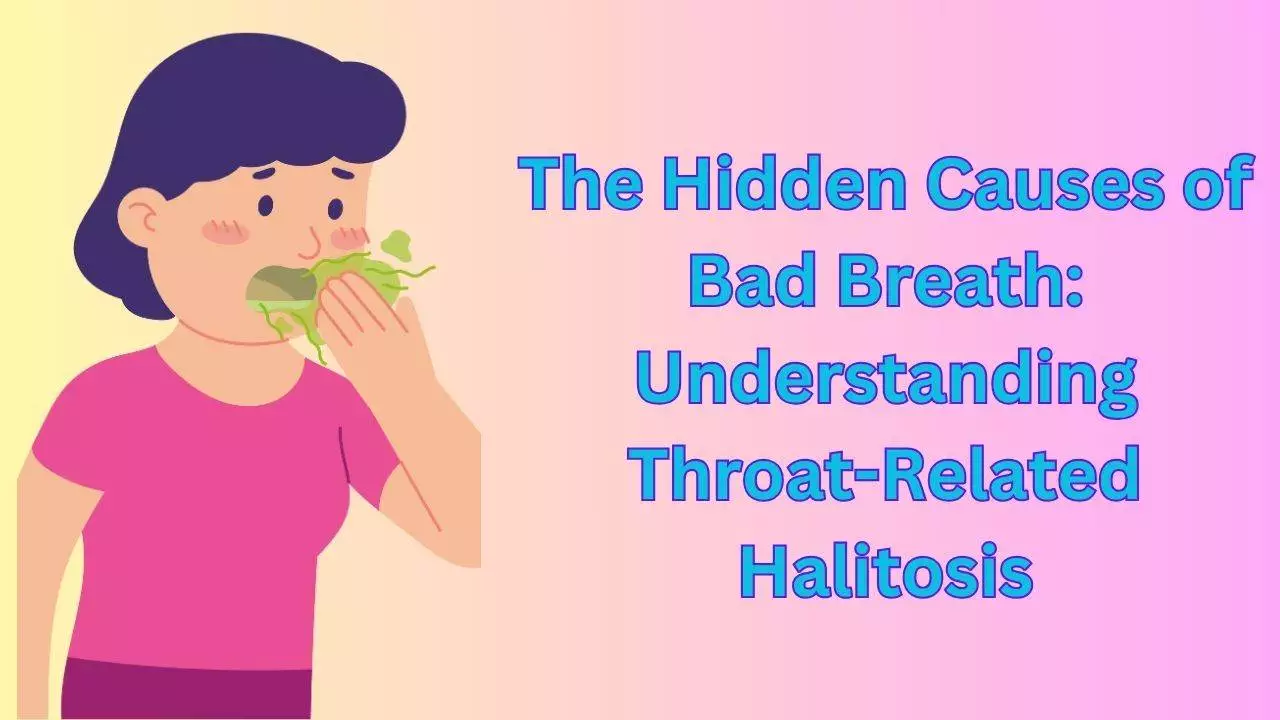
Introduction: The Importance of Addressing Throat-Related Halitosis
Bad breath, also known as halitosis, can be a source of embarrassment and affect one’s self-esteem. It can make social interactions uncomfortable and impact personal relationships. Throat-related halitosis, in particular, can be caused by various factors, including poor oral hygiene, certain foods, and underlying health conditions. Understanding the causes and treatment options for throat-related halitosis is crucial for improving oral health and overall well-being.
Understanding Halitosis: What Causes Bad Breath?
Halitosis is a medical term used to describe bad breath. It can be caused by a variety of factors, including poor oral hygiene, certain foods, and underlying health conditions. Poor oral hygiene allows bacteria to build up in the mouth, leading to the production of sulfur compounds that cause bad breath. Certain foods, such as garlic and onions, contain volatile compounds that can be carried to the lungs and exhaled, resulting in bad breath. Underlying health conditions, such as respiratory infections, diabetes, and liver or kidney problems, can also contribute to halitosis.
Identifying the cause of bad breath is essential for effective treatment. If the cause is poor oral hygiene, improving oral hygiene practices, such as regular brushing, flossing, and tongue scraping, can help reduce bacteria and improve breath. If the cause is certain foods, avoiding or minimizing the consumption of these foods can help alleviate bad breath. If an underlying health condition is the cause, seeking medical advice and treatment for the condition can help improve breath.
The Role of Bacteria in Throat-Related Halitosis
Bacteria play a significant role in throat-related halitosis. The mouth and throat are home to millions of bacteria, some of which can produce sulfur compounds that cause bad breath. Poor oral hygiene, such as infrequent brushing and flossing, can allow bacteria to multiply and produce more of these sulfur compounds. Additionally, gum disease, which is caused by the buildup of plaque and tartar, can contribute to bacterial growth and bad breath.
To reduce bacteria and improve breath, it is important to maintain good oral hygiene practices. This includes brushing your teeth at least twice a day, flossing daily, and using mouthwash to kill bacteria. Regular dental check-ups and cleanings can also help remove plaque and tartar buildup, reducing the risk of gum disease and bad breath.

Chronic Sinusitis and Halitosis: How They Are Connected
Chronic sinusitis, a condition characterized by inflammation of the sinuses, can contribute to throat-related halitosis. When the sinuses become inflamed, they can produce excess mucus, leading to postnasal drip. This excess mucus can drip down the back of the throat, causing bacterial growth and bad breath. Additionally, chronic sinusitis can cause a persistent foul taste in the mouth, further contributing to halitosis.
Treating chronic sinusitis can help improve breath and overall health. This may involve using nasal sprays or rinses to reduce inflammation and clear the sinuses. In some cases, antibiotics may be prescribed to treat any bacterial infections. If conservative treatments are not effective, surgery may be recommended to remove any blockages or correct structural abnormalities in the sinuses.
Postnasal Drip: A Common Cause of Throat-Related Halitosis
Postnasal drip occurs when excess mucus drips down the back of the throat. This can be caused by various factors, including allergies, sinus infections, and colds. When mucus accumulates in the throat, it can promote bacterial growth and contribute to bad breath.
Treating the underlying cause of postnasal drip is crucial for improving breath. This may involve using nasal sprays or rinses to reduce inflammation and clear the sinuses. Over-the-counter antihistamines or decongestants may also be used to alleviate symptoms. If allergies are the cause, avoiding triggers and taking allergy medications can help reduce postnasal drip and improve breath.
Tonsil Stones: A Lesser-Known Cause of Bad Breath
Tonsil stones, also known as tonsilloliths, are small, hard deposits that form in the tonsils. They are made up of bacteria, food particles, and dead cells that become trapped in the crevices of the tonsils. Tonsil stones can cause bad breath and a sore throat. When they are present, they can release a foul odor that contributes to halitosis.
Removing tonsil stones can help improve breath and prevent future stones from forming. This can be done by gently dislodging the stones with a cotton swab or using a water flosser to flush them out. In severe cases, where tonsil stones are recurrent or causing significant discomfort, a healthcare provider may recommend a tonsillectomy to remove the tonsils.
GERD and Halitosis: Understanding the Connection
GERD, or gastroesophageal reflux disease, is a condition in which stomach acid flows back up into the throat. This can cause a variety of symptoms, including heartburn, regurgitation, and bad breath. When stomach acid reaches the throat, it can irritate the tissues and contribute to halitosis. Additionally, the acid can leave a sour taste in the mouth, further exacerbating bad breath.
Treating GERD can help improve breath and prevent further damage to the esophagus. This may involve lifestyle changes, such as avoiding trigger foods, losing weight, and elevating the head of the bed. Medications, such as proton pump inhibitors or H2 blockers, may also be prescribed to reduce stomach acid production and alleviate symptoms.

Dry Mouth and Halitosis: How They Are Linked
Dry mouth, also known as xerostomia, occurs when there is a lack of saliva in the mouth. Saliva plays a crucial role in maintaining oral health by washing away bacteria and food particles that can cause bad breath. When there is a decrease in saliva production, bacteria can multiply, leading to halitosis.
Treating dry mouth can help improve breath and prevent tooth decay. This may involve drinking plenty of water to stay hydrated, avoiding alcohol and caffeine, and using saliva substitutes or oral moisturizers to alleviate dryness. Chewing sugar-free gum or sucking on sugar-free candies can also help stimulate saliva production.
Medications and Halitosis: What You Need to Know
Certain medications can cause dry mouth and bacterial growth in the mouth, leading to bad breath. These medications include antihistamines, antidepressants, diuretics, and certain blood pressure medications. It is important to talk to a healthcare provider about any medication side effects, including dry mouth and bad breath.
If medication side effects are causing halitosis, a healthcare provider may be able to adjust the dosage or switch to a different medication that does not have the same side effects. In some cases, using saliva substitutes or oral moisturizers can help alleviate dry mouth and improve breath.
Treatment Options for Throat-Related Halitosis: What Works Best?
The treatment options for throat-related halitosis depend on the underlying cause of bad breath. In most cases, regular oral hygiene practices, such as brushing, flossing, and using mouthwash, can help reduce bacteria and improve breath. Treating underlying health conditions, such as sinusitis, GERD, or dry mouth, can also help alleviate bad breath.
In severe cases, where conservative treatments are not effective, a healthcare provider may recommend antibiotics to treat bacterial infections or surgery to address structural abnormalities or remove tonsil stones. It is important to seek medical advice if bad breath persists despite good oral hygiene practices or if it is accompanied by other symptoms, such as pain or difficulty swallowing.
Conclusion:
Throat-related halitosis can be caused by various factors, including poor oral hygiene, certain foods, and underlying health conditions. Identifying the cause and seeking treatment is crucial for improving oral health and overall well-being. Regular oral hygiene practices, such as brushing, flossing, and using mouthwash, can help reduce bacteria and improve breath. Treating underlying health conditions, such as sinusitis, GERD, or dry mouth, can also help alleviate bad breath. It is important to seek medical advice if bad breath persists or is accompanied by other symptoms. By taking steps to address throat-related halitosis, individuals can improve their oral health and regain their confidence.

